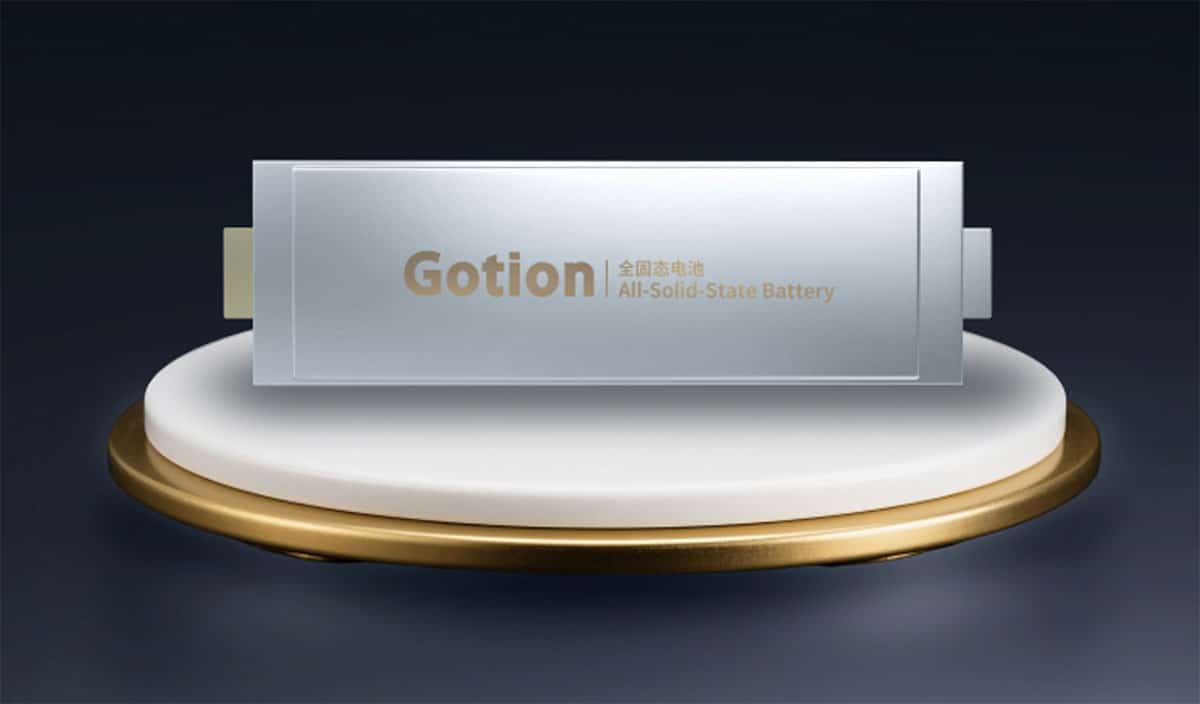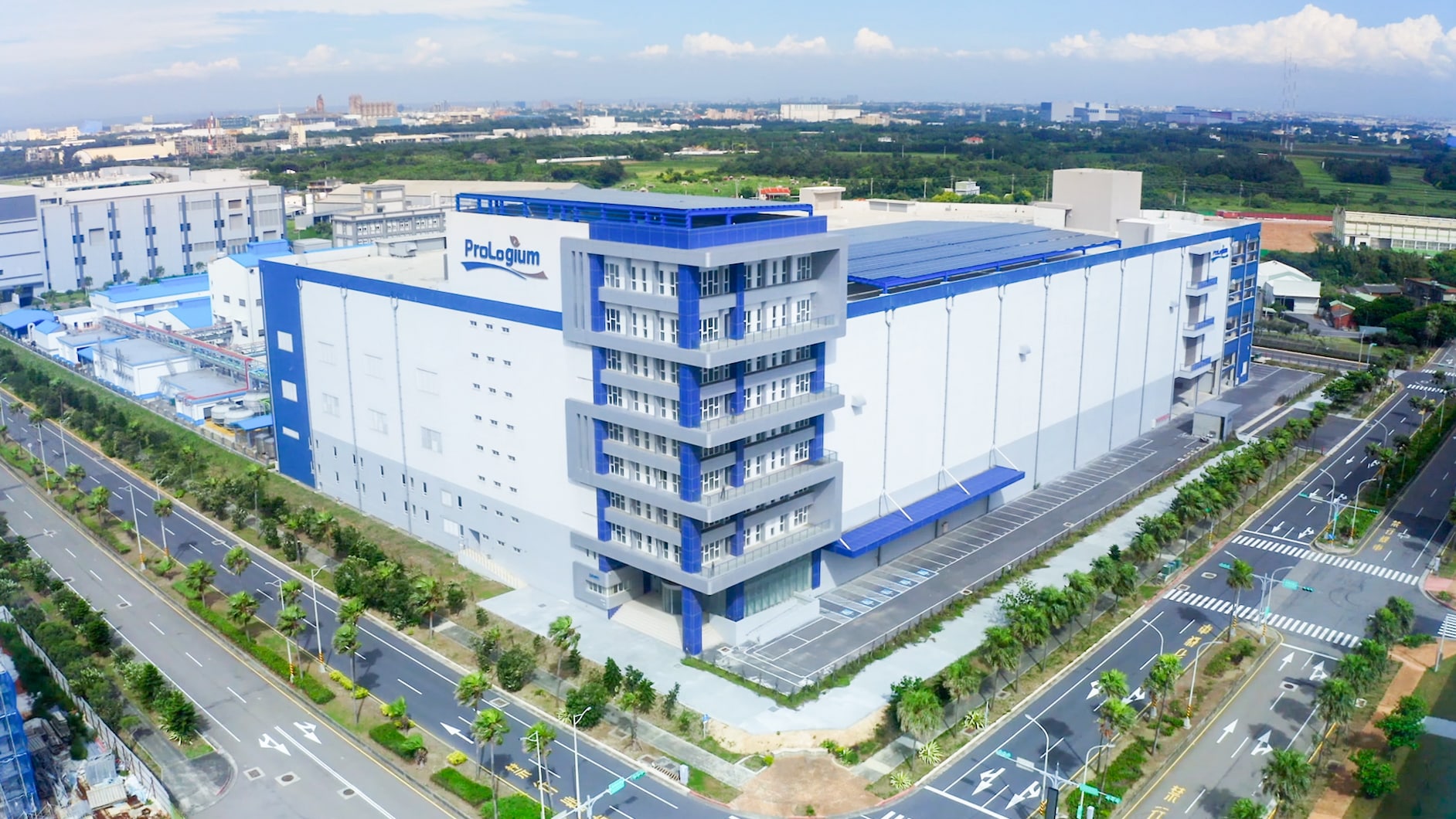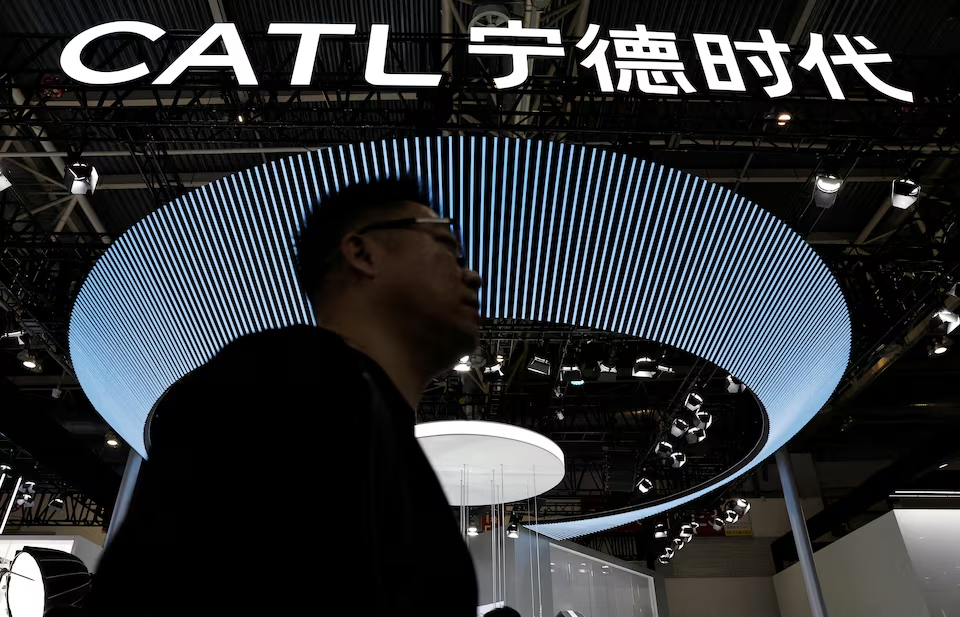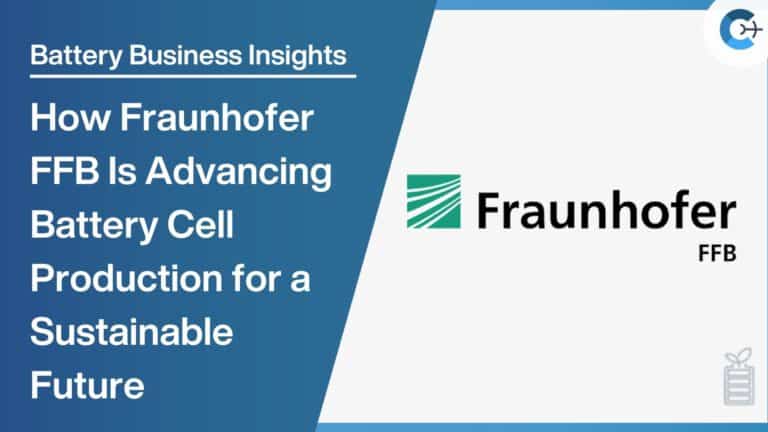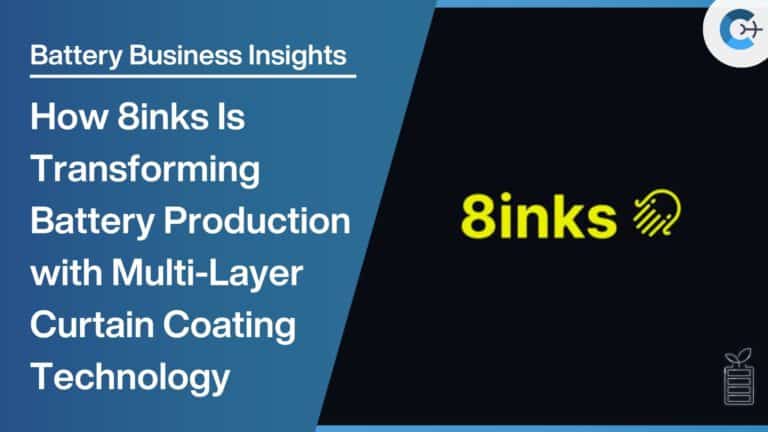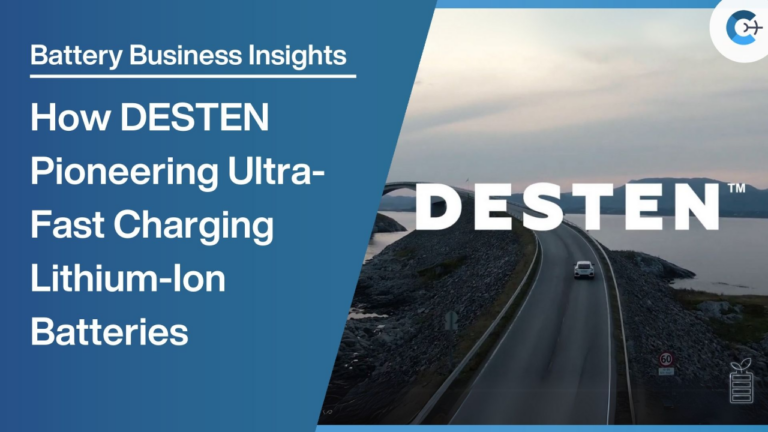The European Union (EU) is introducing a new initiative known as Clean Trade and Investment Partnerships (CTIPs) aimed at enhancing its minerals diplomacy. This strategic move is part of the EU Clean Industrial Deal, which seeks to diversify supply chains and establish mutually beneficial agreements with partner countries.
Despite existing efforts, including strategic partnerships with 14 nations from Chile to Zambia and chapters on raw materials in various free trade agreements, the EU has seen limited progress in critical minerals diplomacy. The introduction of CTIPs aims to address these shortcomings by leveraging the EU’s substantial financial resources, such as large banks and export credit agencies, to support future partnerships.
A key aspect of the CTIP strategy involves a more selective approach to choosing partner countries. The EU recognizes the importance of identifying regions with significant opportunities and strong potential allies. For instance, the Philippines presents a notable opportunity as the country is the second-largest nickel miner. With recent legislation banning raw nickel exports to promote local processing, the EU can support the Philippines in achieving its value addition goals by sharing expertise in governance and mineral standards.
Strategic analysis of key countries and raw materials will consider both geopolitical and economic factors, ensuring that the EU does not merely follow existing trends but instead carves out its own niche in the global minerals market. In comparison to other global players, such as China, which invested over $16 billion in mines worldwide in 2023, primarily in Africa, and the rapidly advancing efforts of the United States under the Biden administration, the EU aims to strengthen its position through targeted and strategic investments.
Financial support is another crucial element of the CTIP framework. Resource-rich countries often face challenges in securing affordable financing due to perceived high risks. The EU plans to utilize its financial institutions, including export credit agencies like Germany’s KfW, to provide public risk guarantees and direct investments in strategic projects. By doing so, the EU can offer the necessary financial backing to develop mineral resources while aligning with partner countries’ economic objectives.
Furthermore, the EU intends to enhance local industrial capabilities in partner countries by introducing its advanced technologies in green energy, infrastructure, and chemicals. Initiatives such as building wind farms in the Global South can provide affordable energy to local populations and create export opportunities for EU companies. Collaboration will also extend to improving environmental standards and governance through financial and technological support, ensuring sustainable and responsible mineral extraction and processing.
The success of CTIPs will depend on their strategic implementation, focusing on ground-level projects that balance the EU’s strengths with the needs of partner countries. By adopting a more deliberate and supportive approach, the EU aims to significantly advance its minerals diplomacy and foster sustainable economic growth in both Europe and resource-rich nations.
Source: Transport & Environment, EuroNews


